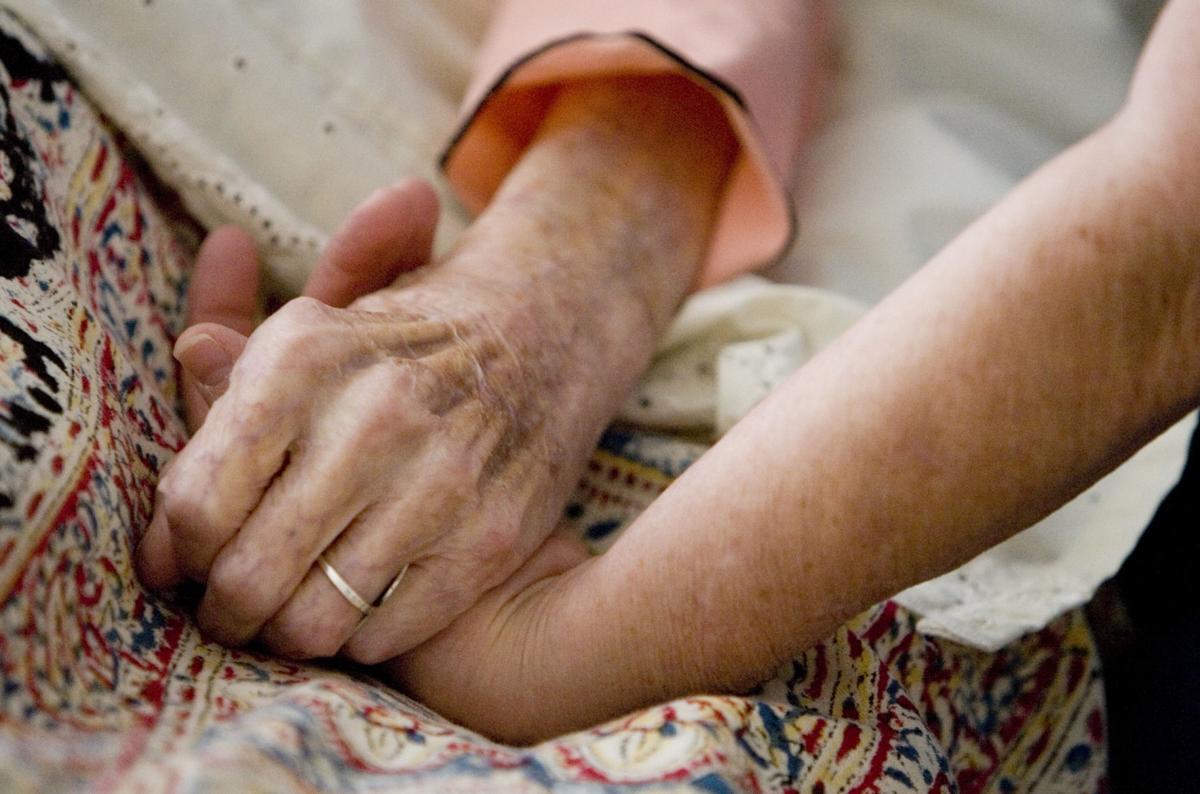The following column is the opinion and analysis of the writer.
Death literally shaped my life perspective, and me, as a person, in unexpected ways. I credit death for my joie de vivre approach to living.
When I was 15 years old, my mother died at the age of 51, five years after a cancer diagnosis. Several years later, my 18-year-old brother died from suicide after being sustained on life support for one week. Many years later, my father died, seven years after being diagnosed with dementia and with me as his assigned legal guardian. As very wise people have said, death is a great equalizer; dying is not.
COVID-19 has been a brutal, sudden and time-compressed reminder of our shared human mortality. Death comes to each of us, often without warning, at any age, and is rarely welcome. Throughout this pandemic, when we stop to really listen, we hear universal fear, albeit expressed in different ways, the core of which is fear of death, for ourselves and/or our loved ones.
Through my early losses and throughout my life, I’ve learned that talking about death and losses may not only alleviate some of the fear of one’s own death, but may also enhance relationships, connections, gratitude and the way each of us lives our lives every day. Avoidance of talking about death as a fundamental truth may be a missed opportunity to unite us as human beings, share rich conversations about ourselves and our loved ones and enhance overall emotional health. Sharing individual priorities for living not only enhances life but reduces burdens for the people we leave behind.
I recently heard a radio interview with an esteemed epidemiologist and senior scholar at the Johns Hopkins Bloomberg School of Public Health, specializing in improving epidemic preparedness. At the end of the interview, she was asked to provide a closing thought. Her wish (and I am paraphrasing) was that as we continue to learn more about the virus each day, she hopes that in the meantime, we can all take the time to have a higher altitude perspective and recognize, first and foremost, that we are all part of a historic and profound time right now relative to this pandemic. Mortality, consciously or subconsciously, is in the forefront of each day.
The mission of the Arizona End of Life Care Partnership is to enhance the way we live by fundamentally changing the way we talk about death. Thanks to generous new grants from the David and Lura Lovell Foundation, Community Foundation for Southern Arizona and Vitalyst Health Foundation, we continue the work to create a model community end of life care partnership, the largest funded of its kind in the U.S., anchored at United Way of Tucson and Southern Arizona.
We are breaking down silos, bridging the worlds of health care and community, and creating best practices to enhance quality of life for us all. We are uniting people, ideas and organizations in this important effort and hope you will join us.
For more information, please go to www.azendoflifecare.org.





